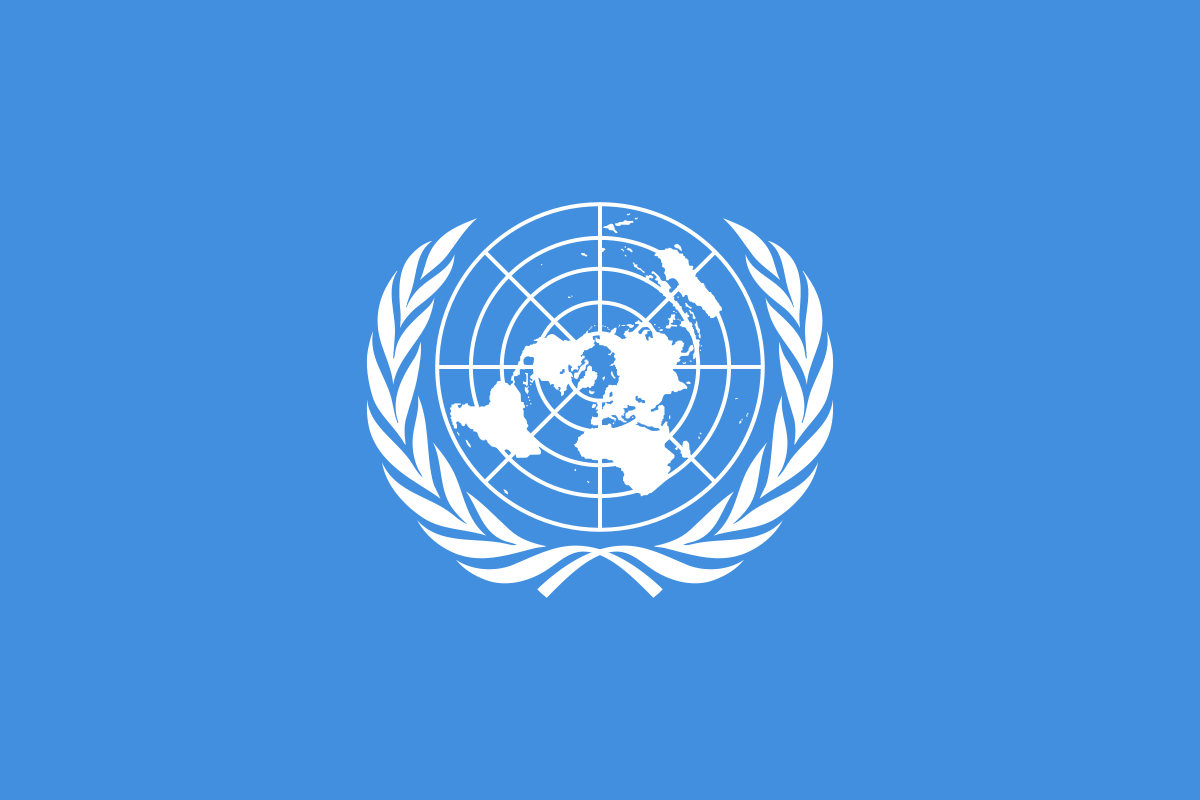Why in the News?
- Several international organisations (IOs) are based in India, raising the practical question of whether these IOs enjoy immunity from Indian courts.
- Courts worldwide are increasingly testing IO immunity against staff rights and access to justice, especially in employment disputes.
- The debate now focuses not only on whether an alternative remedy exists inside an IO, but on whether that remedy is effective, independent and enforceable.
Key Highlights
- What is the Intergovernmental Organisation (IO)?
- An IO is formed when two or more states agree by treaty to work together on common problems.
- IOs can perform technical, humanitarian, regulatory, or political roles across borders.
- They often enjoy a distinct legal status different from private companies or domestic bodies.
- IOs depend on member-state funding and political support for legitimacy and resources.
- Accountability of IOs comes from member states, internal rules, and public scrutiny, but direct judicial control is limited.
- Examples include the United Nations, the World Health Organization, and regional bodies.
- How did IO immunity become accepted?
- Immunity from jurisdiction means domestic courts cannot hear certain cases against the IO unless immunity is waived.
- After states created organisations to carry out joint tasks, they found that IOs needed some legal protection to work without interference.
- The functional necessity doctrine developed to explain that limited immunity helps IOs perform their tasks smoothly.
- Treaties and headquarters agreements set out immunities and privileges.
- What do treaties and headquarters agreements say?
- An IO’s founding treaty often grants certain immunities in broad terms.
- The headquarters agreement with the host country fills in details about legal privileges, tax status, and dispute procedures.
- Domestic law of the host state can also influence how immunities operate in practice.
- When did staff disputes raise problems?
- IO staff who lose jobs or complain about treatment have sometimes tried to sue the IO in host-state courts.
- IOs usually claim immunity and point to internal dispute resolution
- Over time, courts began to ask whether denying access to national courts would leave staff without any real remedy.
- What did national courts start to look for?
- Courts asked whether an alternative remedy exists and if that remedy is adequate.
- Adequacy means the remedy must be independent, impartial, and capable of producing enforceable results.
- If the internal remedy is only theoretical, or created after a complaint arises, courts may refuse to uphold immunity.
- What is the emerging balance between functional independence of IOs and rights of individuals today?
- The modern approach tries to preserve IO functional independence while protecting basic rights of individuals.
- Host states and IOs are increasingly expected to provide clear, working dispute mechanisms so immunity does not become a shelter for arbitrariness.
- India, as a host, must build HQ agreements and domestic practice that reflect this balance.
Key Terms
- Headquarters Agreement
- A headquarters agreement is a treaty-like deal between an IO and the country that hosts it.
- It sets out practical terms like immunities, taxes, premises, and staff privileges.
- The agreement translates broad treaty promises into everyday legal rules.
- Well-drafted HQ agreements reduce legal uncertainty and clarify dispute procedures.
- Host states can use these agreements to require IOs to have operational grievance mechanisms.
- HQ agreements are subject to renegotiation and political pressure over time.
- Alternative Dispute Resolution (ADR) in IOs
- ADR in IOs can include internal tribunals, arbitration, or administrative appeals for staff disputes.
- Effective ADR requires written procedures, impartial decision-makers, and enforceable remedies.
- Good ADR reduces litigation risk for both IOs and host states.
- ADR can improve institutional legitimacy and staff morale.
- International examples include staff tribunals and binding arbitration panels used by some IOs.
Challenges and Way Forward
| Challenges | Way Forward |
| Unclear immunity clauses in IO agreements | Negotiate precise immunity and waiver clauses in headquarters agreements. |
| IOs lacking effective internal remedies | Make operational grievance mechanisms a condition for hosting privileges. |
| Risk of denial of justice to staff | Require independent tribunals or binding arbitration panels with supervision guarantees. |
| Possible diplomatic backlash from court decisions | Use pre-litigation consultations and diplomatic negotiations to resolve disputes early. |
| Tension between IO autonomy and domestic law | Adopt host-state guidelines that set minimum natural justice standards while protecting core IO functions. |
Conclusion
Immunity for international organisations is necessary for them to operate without disruptive interference. At the same time, immunity must not deny individuals any real access to justice. India should require IOs it hosts to have clear, independent and enforceable internal dispute procedures. This approach preserves IO functionality while protecting staff rights and India’s legal standards.
| EnsureIAS Mains Question Q. Analyse the functional necessity doctrine of IO immunity. How should India frame headquarters agreements and domestic rules to balance institutional autonomy with staff access to justice? (250 words) |
| EnsureIAS Prelims Question Q. Consider the following statements: 1. An international organisation’s immunity from a host-state’s courts is absolute if the founding treaty grants immunity. 2. The practical availability and adequacy of an IO’s internal dispute-resolution mechanism is a factor domestic courts consider when deciding on immunity. Which of the statements given above is/are correct? Answer: B Explanation: Statement 1 is incorrect: Immunity is not automatically absolute in practice. Even when a treaty grants immunity, courts examine scope, purpose and whether upholding immunity would produce a denial of justice. Host-state law and treaty terms shape outcomes. Statement 2 is correct: Modern judicial practice assesses whether the IO provides an effective and impartial alternative remedy for staff. If the internal mechanism is only theoretical or inadequate, courts may refuse immunity to avoid leaving claimants remediless. |
Also Read | |
| UPSC Foundation Course | UPSC Daily Current Affairs |
| UPSC Monthly Magazine | CSAT Foundation Course |
| Free MCQs for UPSC Prelims | UPSC Test Series |
| Best IAS Coaching in Delhi | Our Booklist |




